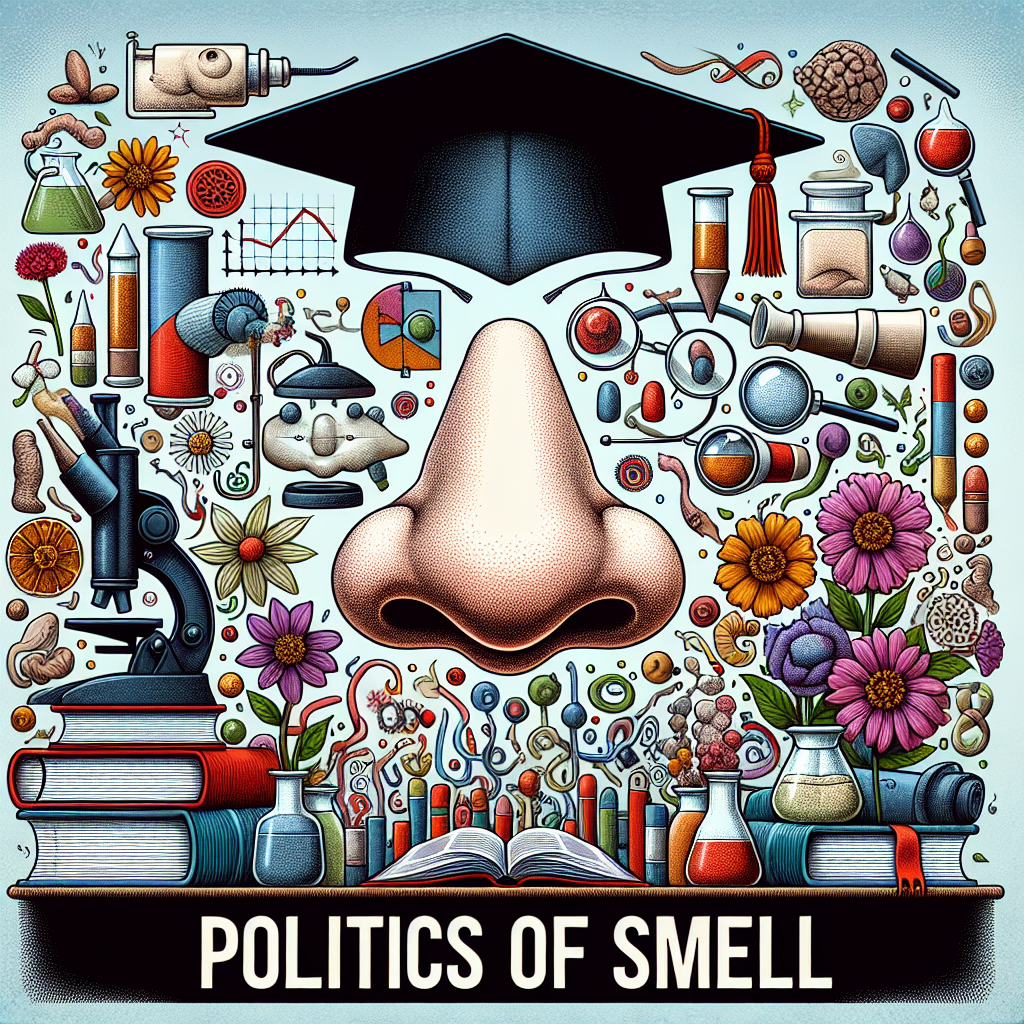The Controversy Over a ‘Politics of Smell’ PhD Thesis Sparks Online Debate
In an era marked by intense academic debate and unfiltered online discourse, a doctoral thesis exploring the "politics of smell" has ignited fervent reactions across social media platforms. The research, focusing on how scents impact human behavior and social interactions, has led some to question the validity and relevance of such studies, while others celebrate the innovative intersection of sensory experience and sociopolitical discourse.
The thesis, authored by a recent graduate, delves into how smells can influence societal norms, prejudices, and even political campaigns. Critics have emerged, claiming that the topic is frivolous and lacks substantial academic merit. Supporters, however, argue that the research provides critical insights into human behavior and the complex interplay of sensory perception and culture.
As the online conversation swirls like a tempest, some voices have drawn parallels to broader societal issues, emphasizing the necessity of understanding diverse perspectives—something that’s deeply intertwined with essential teachings found in biblical scripture. For instance, in the Gospel of Matthew, Jesus teaches that "blessed are the peacemakers" (Matthew 5:9). This underscores the importance of fostering dialogue and understanding, even amidst contentious discourse.
The debate also touches on the biblical principle of valuing all forms of knowledge and creativity as reflections of our God-given curiosity and intellect. Just as Jesus welcomed diverse voices and perspectives during His ministry, so too can we approach this academic discourse with openness. Seeking understanding and appreciating unique contributions, like the exploration of smell in sociopolitical contexts, can foster a richer dialogue.
The academic community finds itself at a crossroads; grappling with the tension between innovation and skepticism is not new. Every pioneering thesis has faced scrutiny before its value can be appreciated. As the debate continues, it reflects a broader cultural challenge: balancing tradition with modernity and openness to new ideas.
In contemplating the issues raised by the ‘politics of smell’ thesis, readers are encouraged to reflect on the importance of listening and understanding various viewpoints. Proverbs 18:13 reminds us, "To answer before listening—that is folly and shame."
Ultimately, this situation invites us to engage respectfully with the unfamiliar, embracing the opportunity to grow in our understanding of one another—an essential journey for both the academic world and the broader human experience. In the spirit of community, let us be curious, compassionate, and committed to fostering dialogue that bridges divides, ultimately enriching our lives and the world around us.
Explore and dig up answers yourself with our BGodInspired Bible Tools! Be careful – each interaction is like a new treasure hunt… you can get lost for hours 🙂


